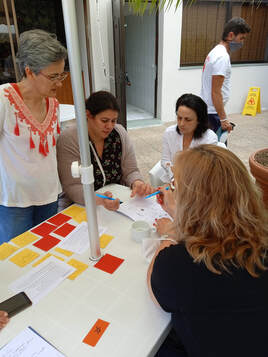 Have you ever wondered why children have such out-of-the-box ideas? Why they use their whole chest to say things that make no sense? As adults, we are familiar with societal rules that we have to follow; as children, we haven’t learned about them yet. For them, the world is their playground, it’s meant to be explored and experienced - to them reality is a game. And we think they’re onto something. The new edition of the course “Discover the power of Game Based Learning and Gamification in education” took place in Tenerife from 22/05/2022 to 28/05/2022. The participants came from all across Europe, with János HORVÁTH, Gabriella Nánási from BMSZC Újpesti Két Tanítási Nyelvű Műszaki Technikum in Hungary; Nina Kranjec, Marjeta Ferkolj Smolič from Primary school Grm Novo mesto in Slovenia; János Paszicsnyek - Bethlen Gábor Általános Iskola from Gimnázium Montessori Tagiskolája in Hungary; Ásta Henrikssen, Unnur Sigurbjörg from Eysteinsdóttir The Commercial College of Iceland; Constanța Poplăcean, Carmen Mihaela Seușan from Romania; Staša Tome from Prirodoslovni muzej Slovenije in Slovenia; Bartosz Nawrot from Heuresis Sp. z o.o. in Poland; Silvia Pokrivcakova, Hana Vancova from University of Trnava in Slovakia; Hana Hlaváčková from Hello Language School in Czech Republic; Paolo Bruno from ITS A. Volta in Italy; Priscila de Souza Mai from Phorms Schule Frankfurt in Germany; Maria Manuela Ribeiros Vicente, Nuno Alexandre Albuquerque Costa from Agrupamento de Escolas Gabriel Pereira in Portugal. Starting the week off with the participants’ expectations, fears, and contributions, everyone got to know one another. Throughout the week we were eager to explore each other's experience with the topic and more! In such a diverse group, we had lively discussions about game based learning, and found out about international learning approaches to gamification. One of the first things we discussed was the pedagogical value of playing and how games stimulate learning. Another crucial distinction - although subtle - was the difference between gamification and game-based learning. In the end, our group could clarify that gamification applies game elements into a non-game environment while game-based learning is a teaching approach where learning happens through playing the game itself. To apply this new gained knowledge, we came up with ideas on how to use traditional games like Taboo or Battleship for learning purposes. After exploring board games, we moved onto something more digital. With the guidance of our trainer, the group made their own online Escape Room game, which is supposed to make the students use their knowledge to reach this common goal of getting out. The last - but not least! - thing to mention was the treasure hunt in the city of Puerto de La Cruz. Our teachers had the chance to compete to the finish line, all whilst exploring a new digital tool. The group gained knowledge not only about the app, but about the city, too. All these fun tools and methods in mind - we came here to learn. Every step of the way the group was thinking on how to implement what they learned in their classroom, and how to tailor these new tools to the needs and expectations of their students. We are very proud of the progress they made and the games they designed themselves. With our participants having the opportunity to go back to childhood, the week flew past. We hope that the tools you have learned will help you bring a spark in the classroom. Remember what we learned on our trip - you can find the sunshine on the mountaintop! Discover more about this course at: https://www.erasmustrainingcourses.com/gamification.html
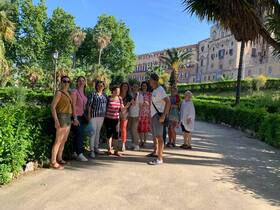 Inclusion is a basic necessity throughout all the world and an important goal to reach. The new edition of the course “Special needs and inclusive education, the Italian experience of overcoming segregation” took place in Palermo from 15/05/2022 to 21/05/2022. The participants came from all across Europe, with Renāte and Aiva from “Stāķu pamatskola” in Latvia, Zuzana from “Základná škola” in Slovakia, Ivana, Marija, Svetlana and Ivana from “Svetozar Markovic” in Serbia, and Malle, Evi and Kristi coming from “Mustvee Valla Hariduse Tugikeskus” in Estonia. First of all, we looked at what inclusion is and in what way it is different from exclusion, segregation and integration. We also focused on the benefits of inclusive education from different perspectives. The key words of this training were empathy, cooperation, and membership, as characterizing elements of inclusive education. The first key word, “Empathy”, is the basis to build “relationship” between the teacher, the pupils, and the family: putting in someone else’s shoes, being able not to have prejudices, learning to understand another person’s feelings and communicate that the emotion has been understood, are some of the behaviors that promote connections with people. Through different practical activities, we learned how to connect with others, which is crucial inside an educational context, especially when it comes to taking care of students with special needs. On the other side, we looked at “Membership”, which is the sense of “feeling to belong to a group” and of perceiving how your contribution could be meaningful for the others. This sense of belongness, created by promoting mutual understanding, tolerance, and respect, is very important to build a welcoming environment that stimulates and supports the learning process. The third key word we explored during the training is “Cooperation”, which refers to the relation with families, one of the elements that are part of the students with special needs’ world. To cooperate with families is crucial to build a supportive system for pupils. In other words, teachers need to be the guiding lights for both students and parents, providing information and ideas on how parents can best assist their children’s learning process. 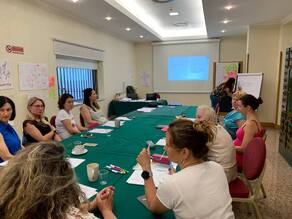 Moreover, we explored the peculiarities of the “Italian Model”, one of the few examples of inclusive education. It embraces the idea to “include” everyone in the same school, counting on the support of special figures like Support Teachers and Educators. Thanks to two different meetings with Italian support teachers, we had the opportunity to get a closer look and see how the methods and teorie presented are put into practice. The networking activities among the teachers who participated in the course were an occasion to exchange points of view, models and methods, creating a mutual enrichment. Therefore, all the participants made the best of this course and made it unique with their great dedication. We are looking forward to welcoming you again! Discover more about this course in: https://www.erasmustrainingcourses.com/special-needs-inclusive-education.htm
Fresh air is always a good idea. Outdoor education is an innovative teaching approach that offers the possibility to address two of the most important topics of today’s society: providing long-lasting high quality education and raising awareness on the importance of preserving our planet in the face of the daunting threat of climate change. And with the rise of outdoor schools you might ask yourself the question: is it actually possible to organise a classroom in nature? This week we proved that it can, in fact, be done! The new edition of the course “Outdoor education: a new way of teaching and learning” took place in Bologna from 15/05/2022 to 21/05/2022. The participants came from all across Europe, with Maarja Vindi and Margit Rosse from Anni Lasteaed school in Estonia; Andreja Ocvirk, Mateja Bevc, Urška Podčedenšek, Helena Gornjak from Osnovna šola Blaža Kocena Ponikva in Slovenia; Elissavet- Evangelia Tsakanika, Paraskevi Manopoulou, Artemis Deligianni from IONIDIOS MODEL EXPERIMENTAL LYCEUM in Greece; Margareta Cahunek from Kindergarten "Tratinčica" in Croatia; Marijana Kosturik from OŠ Vladimira Nazora Pazin in Croatia; Melanie Dujardin, Katia Victor, Els Devits from Freinet kindcentrum De Tandem in Belgium; and Žiedė Marcinkevičienė, Eglė Supronaitė from Kauno Valdorfo darželis "Šaltinėlis" in Lithuania. 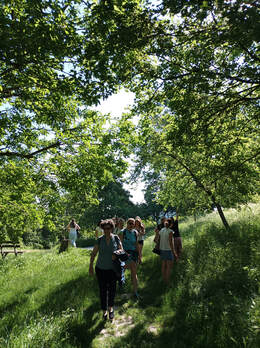 Starting from the definition of Outdoor Education, we explored the diverse ways in which we can guide our students to come in contact with the outdoors, which doesn’t imply to be always in nature and forests; a part of our course was dedicated to Urban Outdoor Education, to show that teaching outdoors can really be done anywhere. The next day participants experienced the outdoors by going to a huge park in Bologna (Villa Ghigi), where they could try out different activities and learn about the Bologna experience with OE. The teachers got an opportunity to change perspective to that of their students, when they were doing exercises like 10 quests, performative recreation of a story, stress release, or activities that they came up with themselves! During the course everyone had a lot of fun, as the next day was spent on a treasure hunt inside the building. The point of the hunt was to learn about the principles of experiential learning, to really confirm how important it is for children to learn by doing things on their own. 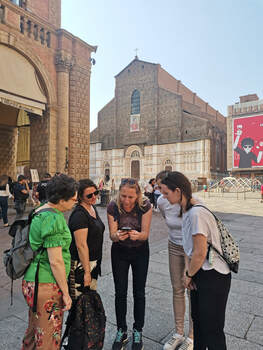 On that note, we continued with the topic, and learned how to use an app tool that helps to organise such treasure hunts. First, the participants got to partake in a hunt in the centre of Bologna. Later in the day we taught them how to make their own route in their own cities! Our last day consisted of the group coming up with their own games and activities designed specifically for their target group. We created garden maps, and brainstormed on how to use what we could find. Before we knew it, it was time to say goodbye. Just before the final ceremony, we got to know each other a little better, as participants presented their schools and students. During this course, the group was able to explore different ways and perspectives that they will surely pass onto their pupils to show them that learning doesn’t have to happen only in the classroom! Discover more about this course at https://www.erasmustrainingcourses.com/outdoor-education.html
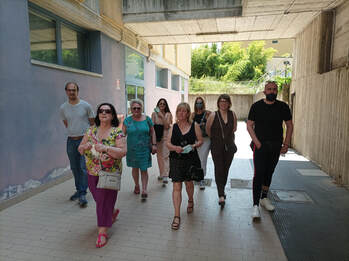 Everyone knows that exclusion is to be avoided - but what can inclusive education look like in reality? It is not enough to simply declare that our school is working on including students with special needs; we need to know how to make that a reality. Practical tips, exercises, impactful insights, and a European perspective were all the things our participants could experience this previous week. The new edition of the course “Special needs and inclusive education, the Italian experience of overcoming segregation” took place in Bologna from 15/05/2022 to 21/05/2022. The participants came from all across Europe, with Ivan Vilim from Elementary school "Nikola Tesla" in Serbia; Enda Creggan, Vanda Tate, Joy Loughran, Chloe Bartley, Patrina Falloon, Beverley Somerville from Windmill IPS in the UK; Drimus Eniko, Pop Camelia-Irina, Tincu Maria-Olimpia from Balcescu-Petofi Secondary School in Romania; Cristina Felices Navarro from CEIP La Jarilla in Spain; Andra Rektina, Mara Karklina from Riga English Grammar School in Latvia; Eva María Heredia Marín, Felipe Rodríguez Cortés from IES Politécnico Jesús Marín in Spain; and Lysbet Pypker from Mendelcollege in the Netherlands. One of the first things we tackled was the difference between integration and inclusion. These two concepts were the key to the rest of the week, as we were leading the course with empathy and belonging as the main theme. We started with discussing the advantages and challenges of systems of all participants’ home countries, which turned swiftly into an exchange of different practices and strategies to deal with the topic. On Tuesday the group had an opportunity to talk to one of our former participants, who is working as a support teacher with children with special needs in Rome. Alessandro shared his personal experience and some tips on how to implement the knowledge learned at our course. 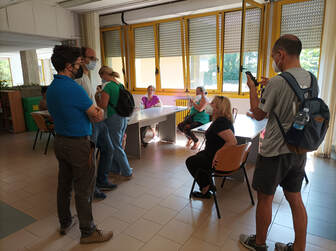 The next day the group had another opportunity to discover the Italian system, with a visit to Istituto Tecnico Commerciale Statale Rosa Luxemburg. We explored the peculiarities of the “Italian Model”, one of the few examples of inclusive education, that is based on the principle of not having special schools, and that embraces the idea to “include” everyone in the same system, counting on the support of special figures like Support Teachers and Educators. Membership was also an important topic this week. This sense of belongness, created by removing physical barriers that prevent dialogue and by promoting mutual understanding, tolerance, and respect, is very important to promote a welcoming environment that stimulates and supports the learning process. We discussed different methods of reaching membership and how to use them in a balanced way. The last day was reserved for Cooperation - not only between teachers, but also parents. Involving parents in their child’s learning process is crucial to help them feel connected. Our role as teachers is to be a guide for both students and parents, providing information and ideas on how parents can assist their child’s learning process and help them build a supportive system at home. The networking activities among the teachers who participated in the course were, perhaps, the most formative moments of the week: they were an occasion to exchange points of view, models and methods, creating a mutual enrichment. Thank you to every participant, it was great having you here to share all this knowledge. We hope to see you again! Discover more about this course at: https://www.erasmustrainingcourses.com/special-needs-inclusive-education.html
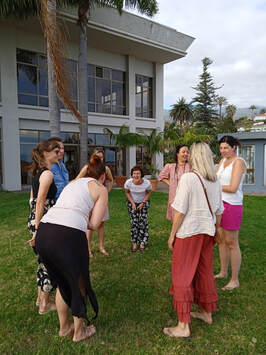 In ELA we challenge the notion that creativity cannot be learned. As with any skill, it takes practice and the right methods to hack your brain. In this course, we focused on creativity through critical thinking and problem-solving; as educators, we have a duty to create spaces where everyone has the opportunity to be creative and bring out the best in themselves. The new edition of the course “Creativity for the future: promoting Critical Thinking and Problem-Solving in the classroom” took place in Tenerife from 15/05/2022 to 21/05/2022. The participants came from all across Europe, with Katalin Elekes from ELTE Trefort Ágoston Gyakorló Gimnázium in Hungary; Erik Grahn and Helene Ericsson from ProCivitas Privata Gymnasium AB in Sweden; Inga Strante and Sandra Öberg from Birkaskolan in Sweden; Eline Beevers and Sofie Van Dyck from Sint Ursula instituut in Belgium; Donatas Vasiliauskas from Alytus Jotvingiai gymnasium in Lithuania; Lisa Pelgrims and Sarah Maricau from Heilig-Hartinstituut Lyceum in Belgium. First of all, participants touched on the topic of learning and innovation skills, digital skills and also career and life skills, focusing their attention on the 4Cs: critical thinking, creativity, communication and collaboration. Most importantly, we learned through hands-on practice how differently our brain and thinking skills function when there’s a problem to solve. Participants were presented with a series of challenges to help them reflect how common barriers to out of the box thinking can be easily overcome by applying specific strategies. For example, using the 6 Thinking Hats method, participants were able to put into practice “lateral thinking” and devise its concrete application to some existing content they are teaching. Through individual practice and peer review it became noticeable that this method can be used in any subject, from science to language learning, but also as a formative assessment tool, to encourage students thinking outside the box. Moving to visual strategies, participants experienced new activities which could be used to stimulate students' creative expression and could be a basis for brainstorming or discussing their ideas. We challenged an “only-art” perception of what “visual thinking” encompasses, by proposing an innovative and digital perspective. A reflection on the importance of training students’ critical thinking skills was needed in a world where most of the time they are passively exposed to loads of information. Participants engaged in reasoning, questioning and debating activities that could be adapted to different classroom situations to help students become active and aware agents of their own learning. But to introduce a good dose of creativity and critical thinking in the classroom, not only we shall struggle to find new solutions, as innovation often comes from reframing traditional tools. Our participants enjoyed playing traditional games, and had an opportunity to adapt them to their own subjects while building a stronger learning perspective on them. We also had the opportunity to find out about our participants’ schools whilst exploring some not-so-traditional ICT tools. Every member of the group was taking an active approach during the course. Each day we tested the group’s progress with a game of 30 Circles. With a new day came a new topic, and our participants had to fill in all the circles in 3 minutes. It was a great way to visually see their creative progress! We wish you the best of luck with implementing these new strategies into your classroom, and hope to see you soon! Discover more about this course at: https://www.erasmustrainingcourses.com/creative-learning.html
In a world where young people often confront themselves with a tough job market and the threat of unemployment, it is important to provide children still in school with what is called a “dual education”. The dual education system combines both apprenticeships in companies and vocal education at school, so that pupils can learn in an environment that encourages work-based learning. By applying work-based learning into more traditional education methods teachers will be able to provide their students with real work experience and technical skills that will enhance their future employability. The new edition of the course “When school and labour market meet: dual education and work-based learning” took place in Bologna from 8/05/2022 to 14/05/2022. The participants came from Spain: Eva Cumbau Empar Monzó from IES LA Patacona, Carmen Nadal Ferrandiz from CIP FP Batoi, Aida Marin Lopez from IES POETA JULIÁN ANDUGAR, Ibán Alcántara Muñoz and Isabel Maria Umbria Rojas from IES Fuente Nueva, María Higuera Pinillos and Antonia Anastasio Funes from IES Luis de Lucena; and Hungary: Ágnes Bózsóné Szabó from Heves Megyei SZC Bornemissza Gergely Technikum, Szakképző Iskola és Kollégium. After a cultural tour around the city centre of Bologna, participants immersed themselves into dual education and work-based learning. First of all they presented themselves and explained the role they have in their schools, so that the course could be adapted to their necessities. Afterwards, they were able to learn what dual education is. They discovered its history in Germany but also the differences with the education system in Italy: two different ways of dual education and work based learning, and so many more opportunities! During the week they also learnt about the different models in which dual education can be implemented and the role of the companies, as well as creating together a checklist to find new partners for their schools. They took as an example two Bolognese schools that have been collaborating with Ferrari and Lamborghini for almost 10 years to give students the opportunity to learn and practice in a big company, improving their employability at the end of the course. The group then got to find out for themselves how to implement dual education, through a visit to Ecipar Bologna. Finally, they could work together on a plan to implement dual education in their schools with a new and bigger network here in Italy to send some students for their internships. We were happy to see how the participants left full of inspiration, ideas and tools to start implementing these new methods in their own schools. Discover more about this course at: https://www.erasmustrainingcourses.com/dual-education-and-work-based-learning.html
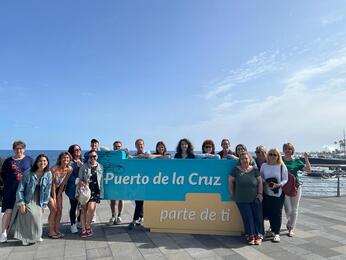 It’s a complex challenge to keep students engaged: using innovative methods can be a significant resource to motivate them and to enhance their learning. Thanks to different kinds of studies and research, today there are many tools available that can be used in the school environment: project-based learning, non-formal education, outdoor education, and ICT are some of the many opportunities that can be integrated with traditional teaching methods. The new edition of the course “Innovative teaching methods for teachers, school and adult education staff” took place in Tenerife from 08/05/2022 to 14/05/2022. The participants came from all across Europe, with Anders Brunlid from CVO SEMPER in Belgium; Vera Wauters, Emmanuelle Clerckx from VTI ZeeBrugge in Belgium; Evangelia Karastathi, Maria Kaperoni, Sotiria Antoniadou, Eleni Gastouniotou from Primary School of Ormos Korthiou, Androu in Greece; Luminita Nicoleta Murariu, Carmen Manole, Nadia Ignatencu, Liliana Fediuc from Ion Luca Caragiale Secondary School in Romania; Marie André Schollaert, Inge De Paepe from BS Centrum in Belgium; Christian Reisinger from HTBLA Perg in Austria; and Katja Dellore, Nadia Zigante from Scuola elementare Vincenzo e Diego de Castro Pirano in Slovenia. Thanks to different kinds of studies and research, today there are many tools available that can be used in the school environment: project-based learning, non-formal education, outdoor education, and ICT are some of the many opportunities that can be integrated with traditional teaching methods. At first, Project Based Learning allows students to delve into content in a more direct and meaningful way, starting from a topic question and trying to investigate real world issues. Analysing the principles of PBL, the participants of the course had the opportunity to discover how teamwork, collaboration, and creativity can help students to discover the way to deal with real problems, learning strategically and searching for the answers from the start. On the other side, visual strategies and teambuilding games showed the power of Non-Formal Education. In fact, starting from the activities, we explored the Kolb’s experiential learning cycle and we learned how it allows to pass from reflection to conceptualization and application, giving the student an active role in the learning process. Thanks to an ICT tool, the teachers had the opportunity to participate in a special type of treasure hunt, discover Tenerife and deepen the power of Outdoor Education in a very funny way. Some of the advantages of Outdoor Education that emerged during the debriefing are, on the one hand, the increase in motivation and creativity; on the other, the improvement of the psychophysical well-being thanks to the contact with nature and the consequent reduction of stress. 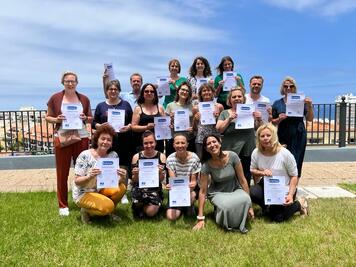 Finally, we explored innovative teaching methods with ICT. We practised several tools in class, finding out new ways to engage students, assess and display a lesson. This course helped participants to understand how to work with a more innovative approach in their classes. By Friday, team spirit was so high that it was difficult to say goodbye. However, our group was very eager to go back and start applying all the many ideas that emerged during the course. Another great week of inspiration was over, but only to be continued back in their countries. Discover more about this course in: https://www.erasmustrainingcourses.com/innovative-teaching-methods.html
During this course the participants learnt how to use a vast range of technological tools and to put them into use by integrating it into their teaching methods. One of the first things we learned were ways of collecting feedback from students. As teachers, not only are you supposed to provide feedback, but it is helpful to receive it. This way, it’s easier to work with students and teach them in a way that is unique for them. The participants got to explore a few different apps that help with that. Another important thing is to make teaching interactive - it keeps students engaged and active. The group discovered tools to personalize pictures and videos, which can be used to create all sorts of content: introducing new concepts or summing up old ones, giving students an interactive platform to create their own work, preparing multimedia content - just to name a few. In addition, participants also learnt how to create a website following a few easy steps. Thanks to this course this group was able to experiment with an easy drag and drop tool that could help them create a website for their schools or for their teaching purposes.
Lastly, the group explored the possibilities of social media, in order to add to the lessons engaging activities directly linked to the real life of their students. This course allowed participants to broaden their perspectives on what it means to teach. We are happy to be sending them home with heads full of ideas and motivation to implement new ways of teaching! Discover more about this course at https://www.erasmustrainingcourses.com/integrating-ict-into-teaching-and-training.html
Bullying behaviors, whether virtual or face-to-face, have negative impacts on students and have the power to influence their life to come. It is thus fundamental to reflect on the consequences that bullying and cyberb-bullying behaviors have and what are concrete steps that can be taken in order to stop and also prevent all forms of bullying in education and school settings. 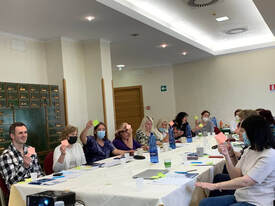 The new edition of the course “How to stop bullying and cyber bullying in schools and promote social emotional learning” took place in Palermo from 01/05/2022 to 07/05/2022. It hosted 16 participants coming all from Lithuania but from different schools: Renata, Gintvilė, Gražina, Jolanta Diana, Rasa, Dalia, Audronė, Aidutė, Loreta, Dalia, Aldona, Lina, Ona, Vaida, Rima, Dalius. 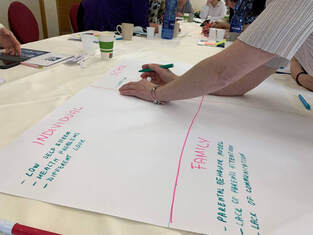 During our fisrt day, we brainstormed all the different kind of bullying behaviours, its forms, its participants and the three main elements which distinguish bullying from conflict. Thanks to different practical activities, we focused on bullying as a social phenomenon and we tried to identify the variety of roles involved. We moved on talking about the risk factors that lead young people to be bullied or to bully and what we can do to prevent these situations. For this reason, we also focused on the protective factors. We looked at these different elements from four different social perspectives: family, school, individual and community. One of the main and most difficult types of bullying to be eradicated is cyber-bullying. Nowadays, Internet has a major role in the lives of our kids and, as an inceberg, it has some advantages but it may also have negative consequences for children and young people. With some practical activities we explored the world of cyber-bullying and discussed about the differences between traditional and cyber bullying and the things that they have in common. In order to better understand this phenomenon, we looked at the different ways in which cyber-bullying may occur. Moreover, we implemented a very powerful activity which can be used both with students, parents and teachers to put ourselves in the shoes of bullying victims and raise awareness. 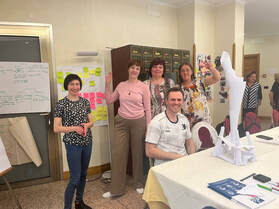 In order to prevent bullying behaviours it is vital to foster a positive and supportive classroom environment. This is why we explored the topics of emotional intelligence, membership, inclusion, team building and collaboration. These are pillars for a supportive classroom and should not be underestimated. Of course we focused on all these topics with a lot of non formal and creative activities and games, thanks to which it was impossible to get bored. Apart from the training activities, the group also had the opportunity to discover Palermo and its surroundings. The course was a great experience for all of them and everybody gave their contribution to make the most of it by sharing ideas and experiences. ELA is looking forward to welcoming you again! Discover more about this course in: https://www.erasmustrainingcourses.com/stop-bullying.htm
As an adult, it’s hard to remember what it was like to be a child. From our perspective children seem small and fragile - which is why we usually feel the need to protect them in every way. But what if we leave them the freedom to explore the world on their own? After all, experience is the best educator. This edition of the course “The best for preschool teachers” took place in Bologna from 01/05/2022 to 07/05/2022. The participants came from all across Europe, with Erika, Erika, Daiva, Vilija from Alytaus lopselis-darzelis "Saltinelis" in Lithuania; Súsanna, Maria from Múlaborg and Daníel, Karen from Grandaborg in Iceland; María and Carmen from CEIP Ponte dos Brozos in Spain; Barbara, Jadwiga, Joanna, Edyta from Publiczna Szkoła Podstawowa w Krzeszowie Górnym in Poland. The course began with breaking the ice and setting expectations for the week. We shared our fears, what we can contribute to the group, and what we plan to take away from the course. The participants had the opportunity to present their schools and systems with which they work, whilst also getting to know the Italian system. This gave us insight into what we’re working with, and what kind of experience each one of us can offer. Then it was time for making dreams come true. The teachers and the course trainer headed to Reggio Emilia to visit the Loris Malaguzzi Centre where an expert guided us throughout the wonderful exhibitions of the Centre. Teachers had a chance to learn more about the history, the materials, the projects and the experiences which make the Reggio Emilia approach unique in the world. 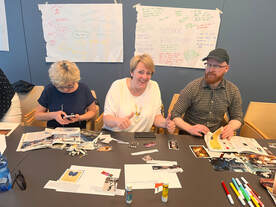 We then moved on to explore experiential learning and non-formal education. By playing some games and introducing ourselves in a non-formal way, we really felt how unique this approach is, and how it gives children opportunities to really express themselves and feel part of a community. The group delved then into the Montessori method, a philosophy and pedagogy developed by Maria Montessori in the early 19th century. A guest from a Montessori preschool in Bologna came and showed us pictures of the school, telling stories of how lessons based on experiential learning could look. Talking with someone who has first-hand experience with this method was beneficial, because it empowered us to imagine how to implement Montessori inspired practices into other school settings. For the final activity of the week, we had the opportunity to visit an Outdoor Education school. The teachers were kind enough to show us around, where for a moment we could put ourselves in the kids’ place and experience the wonder of learning outside of a classroom. By the end of the week we can confidently say that our participants came home with a head full of ideas, and the motivation to implement what they had learned! Discover more about this course at: https://www.erasmustrainingcourses.com/preschool-teacher-training.html
|
Welcome to the ELA Blog. Here you will find articles and photos of our courses and have a look at the topics addressed during the week in Bologna, Palermo and Tenerife. You will also have the chance to take a peek at our projects and check out what we have been up to.
Archives
July 2024
Categories |
-
Course catalogue
- 2023-2024 course catalogue
- Soft Skills >
- ICT and New Technologies >
- Inclusion and Diversity >
-
Innovative Teaching Methods
>
- Innovative teaching methods discovery
- Non-formal education teaching methods
- Dual education and work-based learning
- Teaching leadership and entrepreneurship
- Project based learning
- Game based learning and gamification
- Green skills
- Outdoor education
- Outdoor education trekking edition
- Promoting creativity and critical thinking
- Languages and EU projects >
- Preschool >
- Erasmus Plus KA1
- What we do
- About us
- Locations
- Blog
- Contact us
 English
English български
български Čeština
Čeština Español
Español Français
Français ελληνικά
ελληνικά Italiano
Italiano Polski
Polski Português
Português Română
Română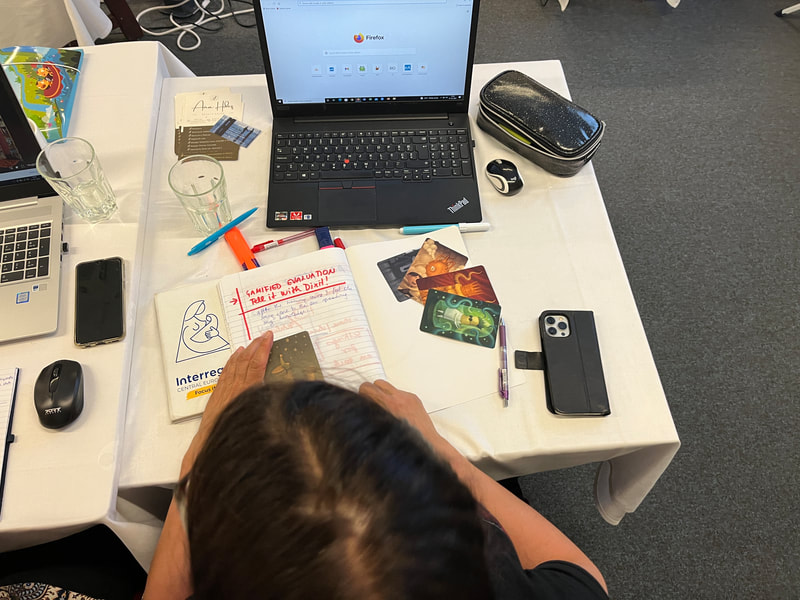
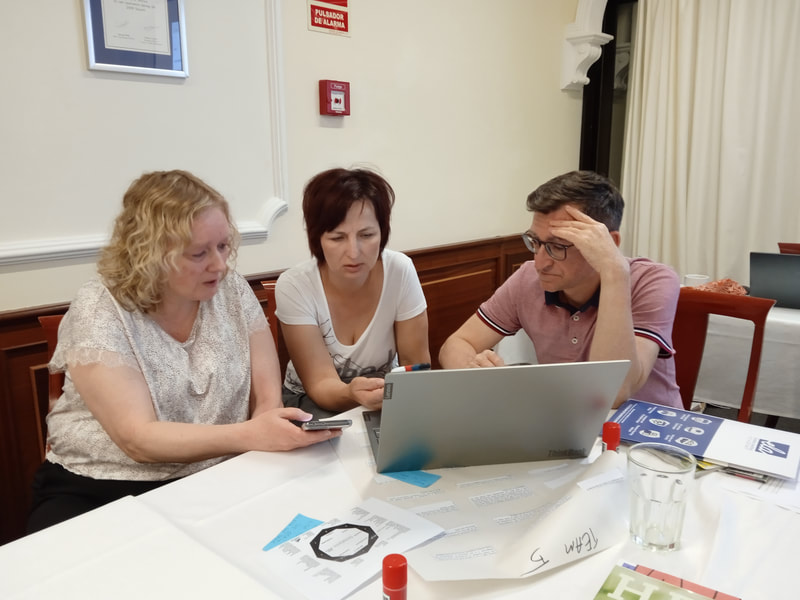
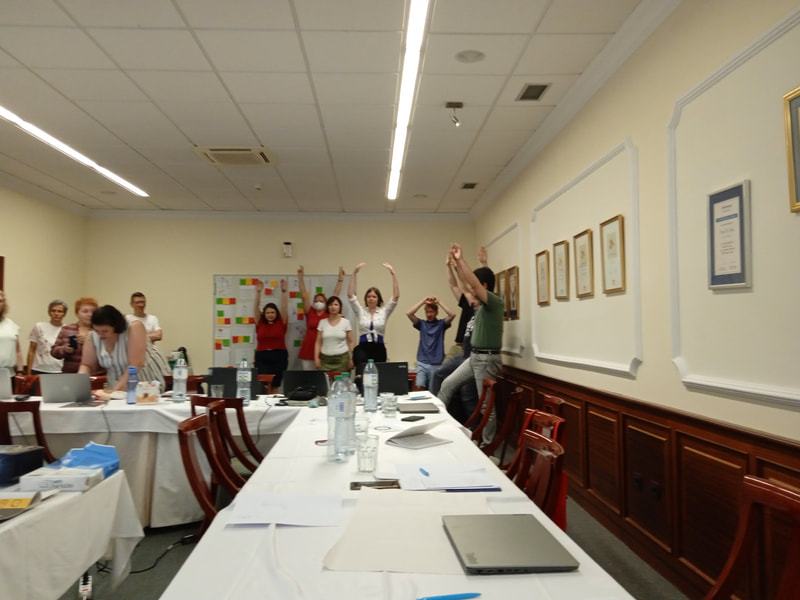
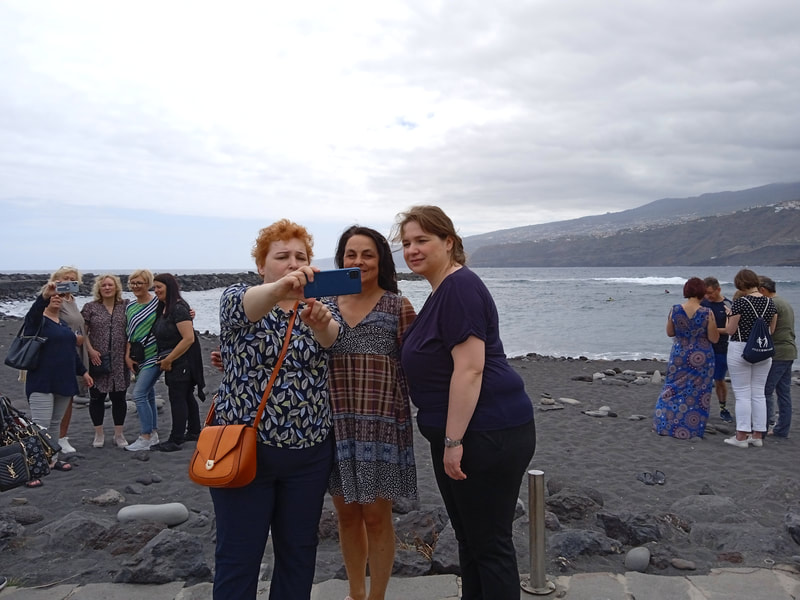
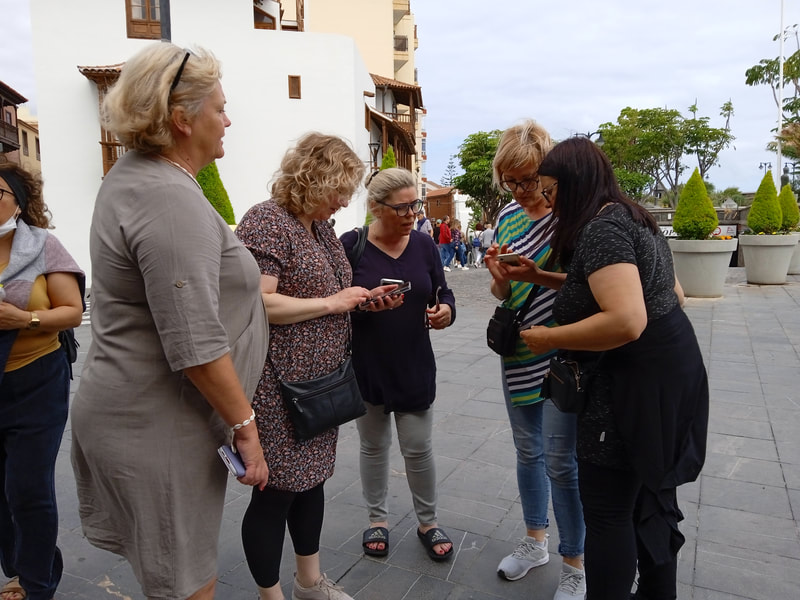
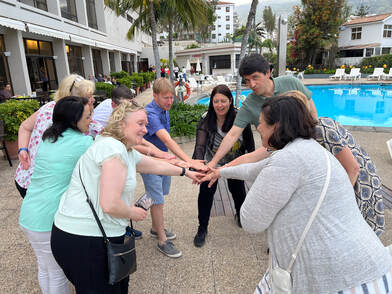
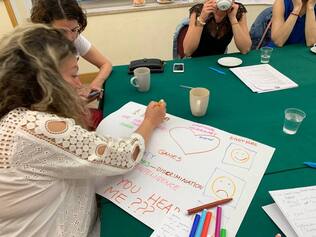
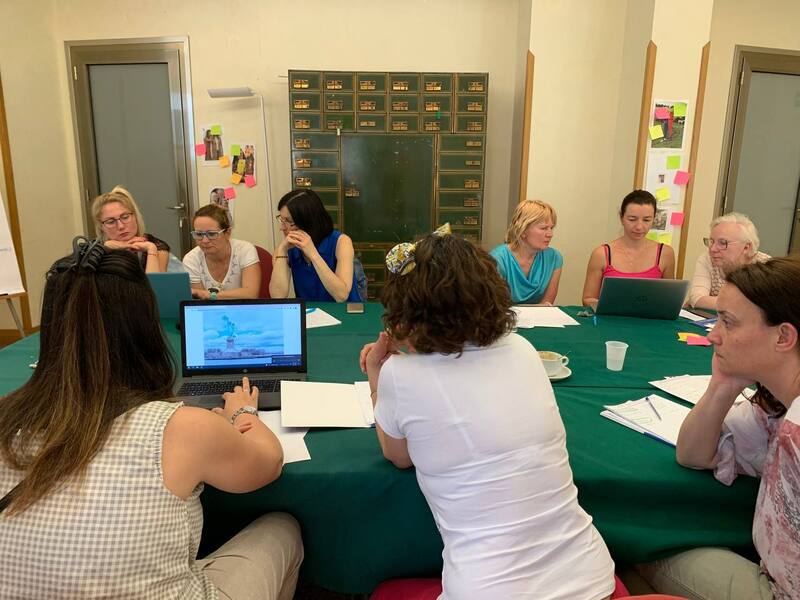
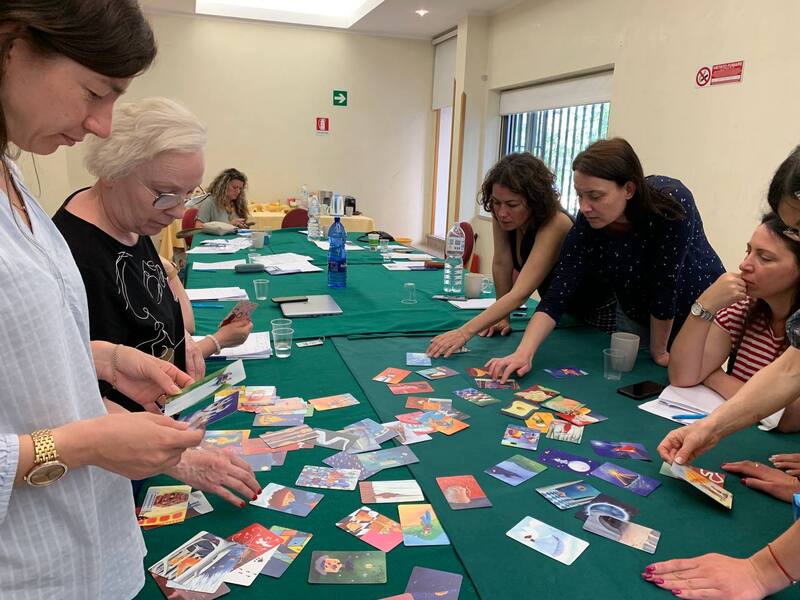
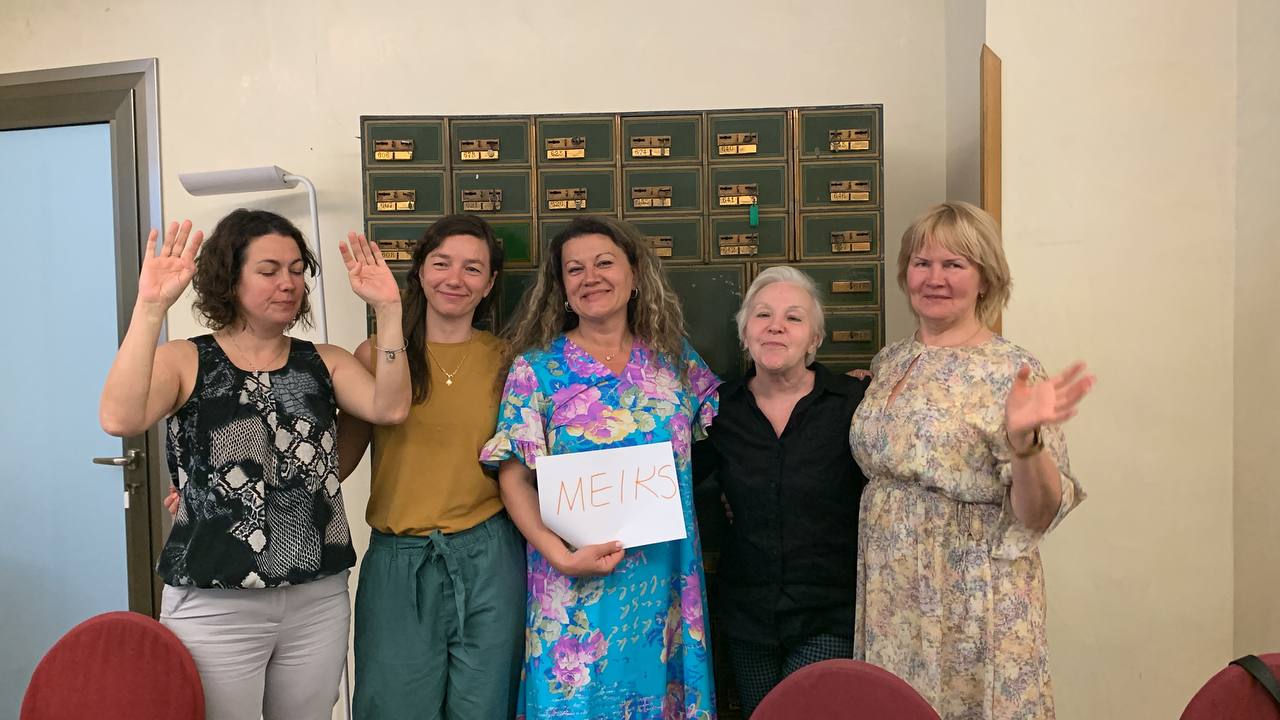
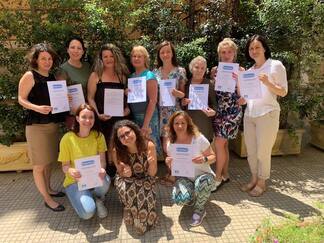
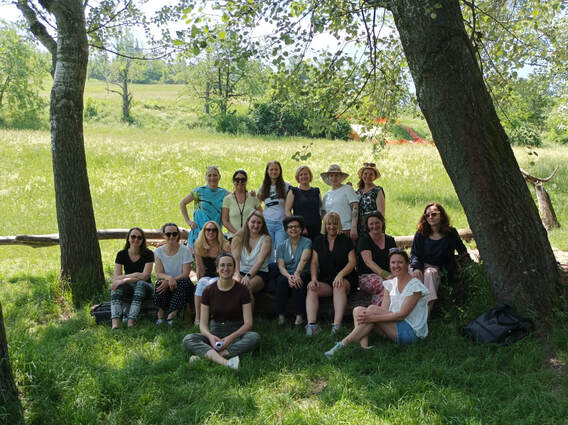
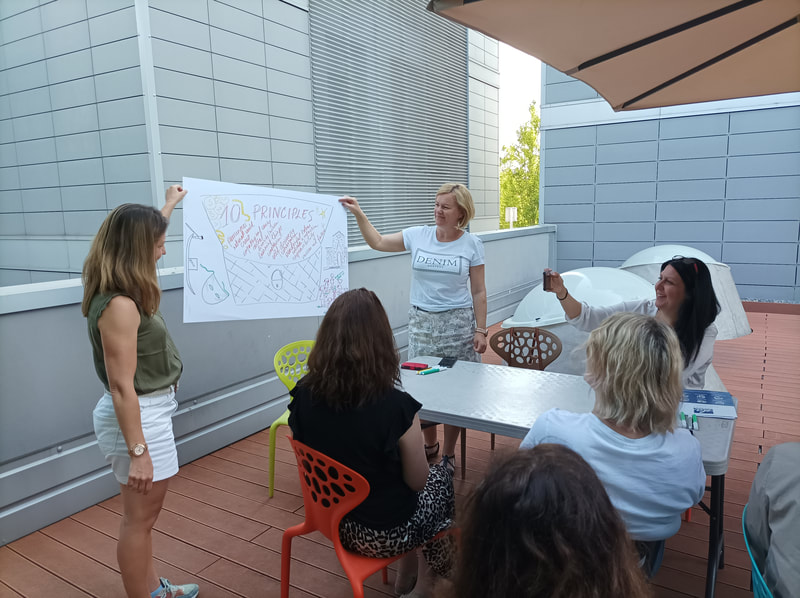
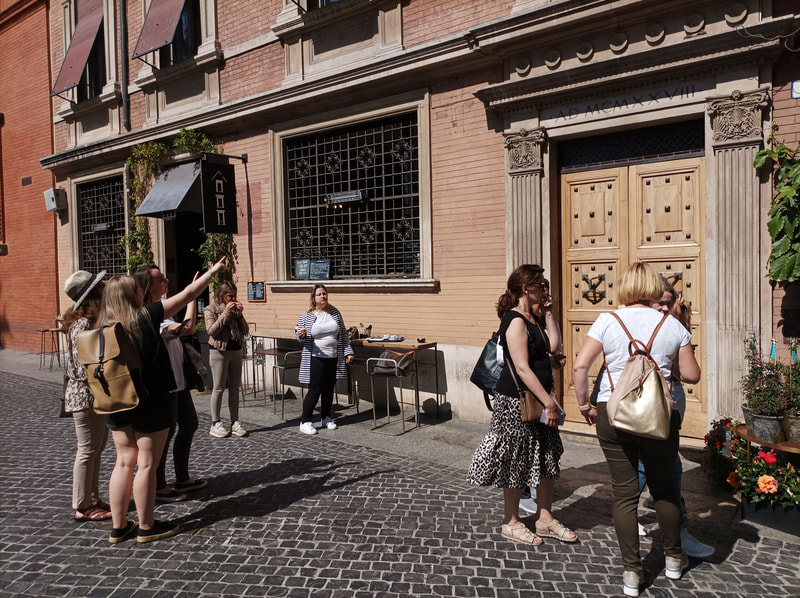
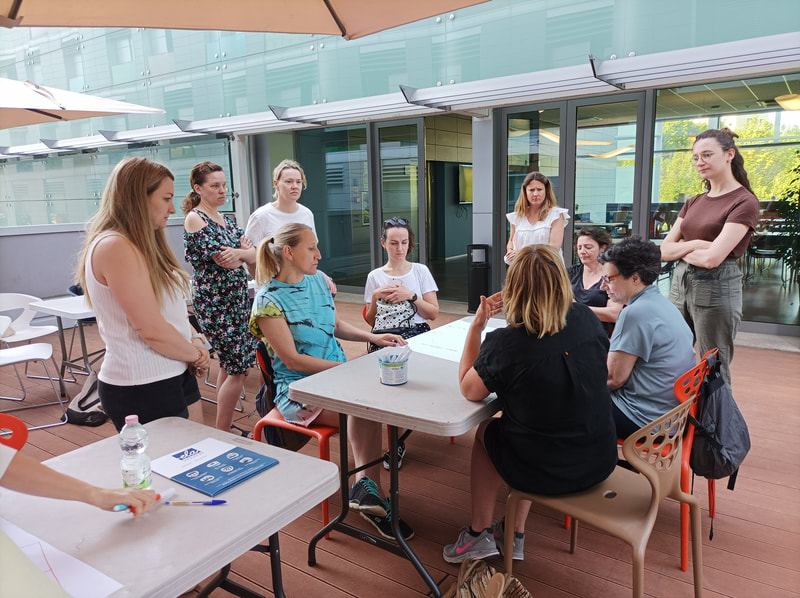
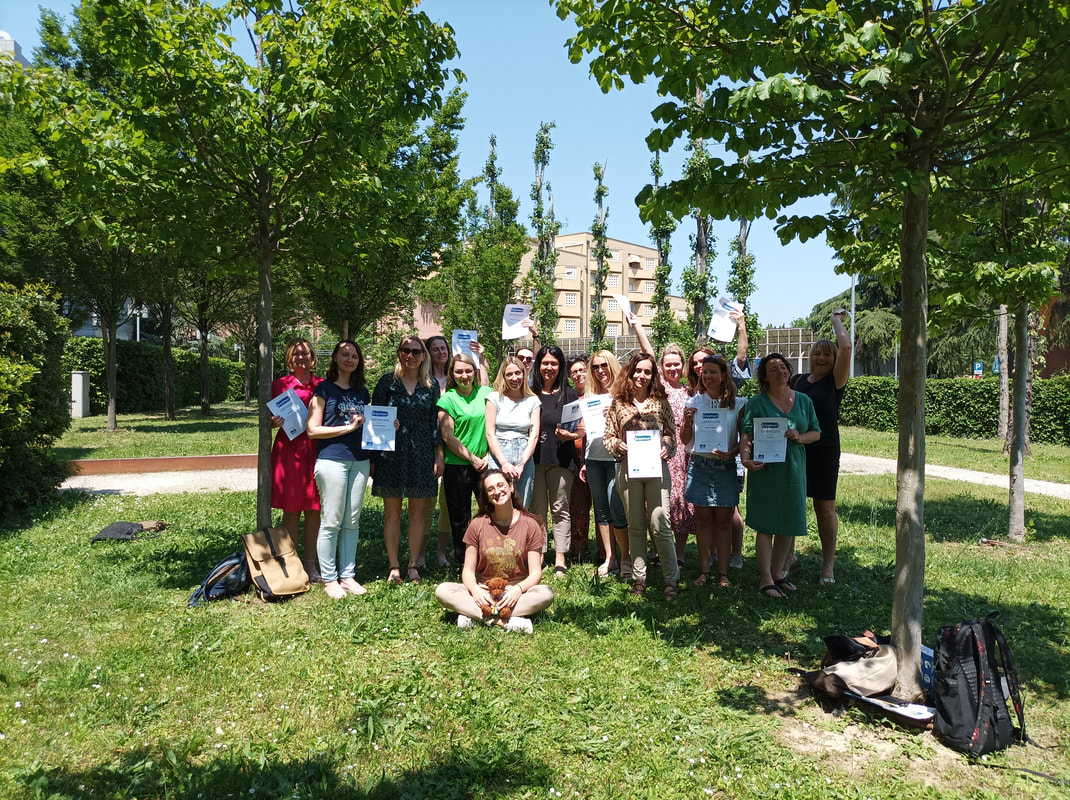

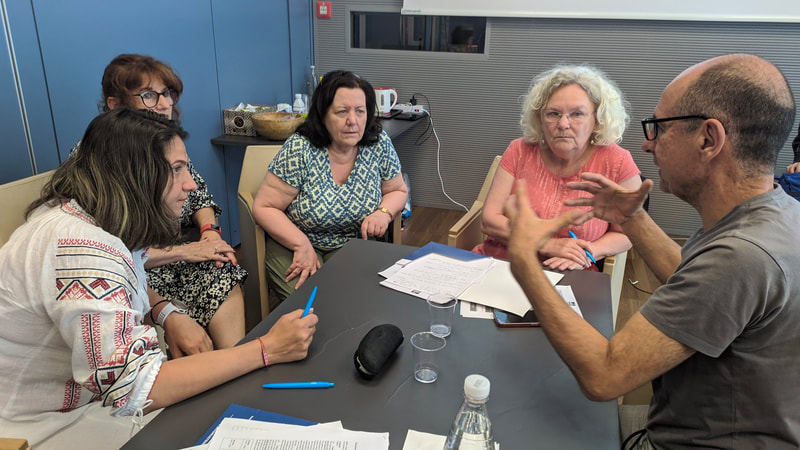
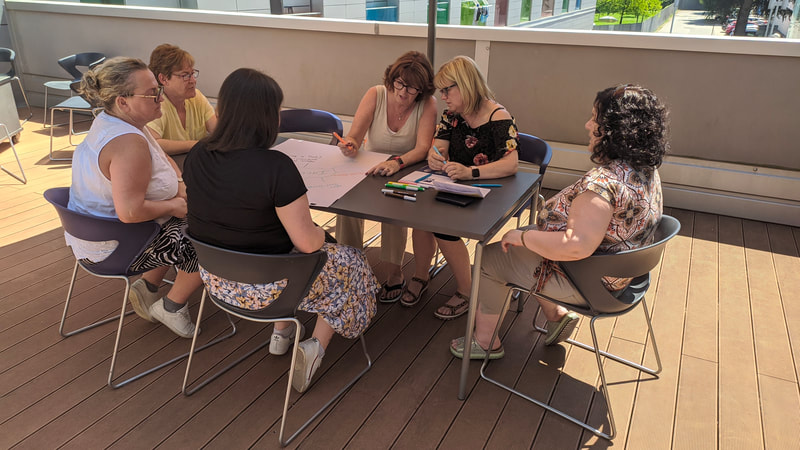
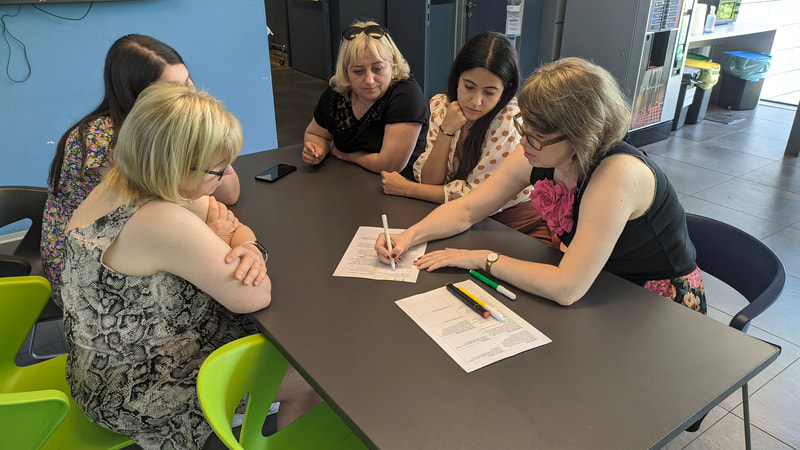
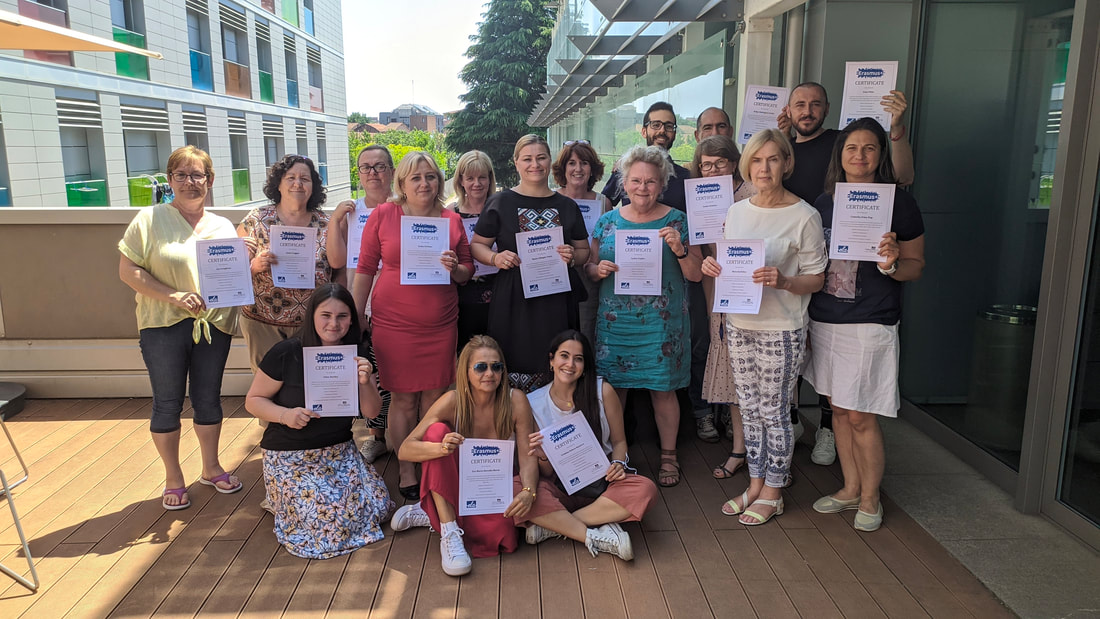
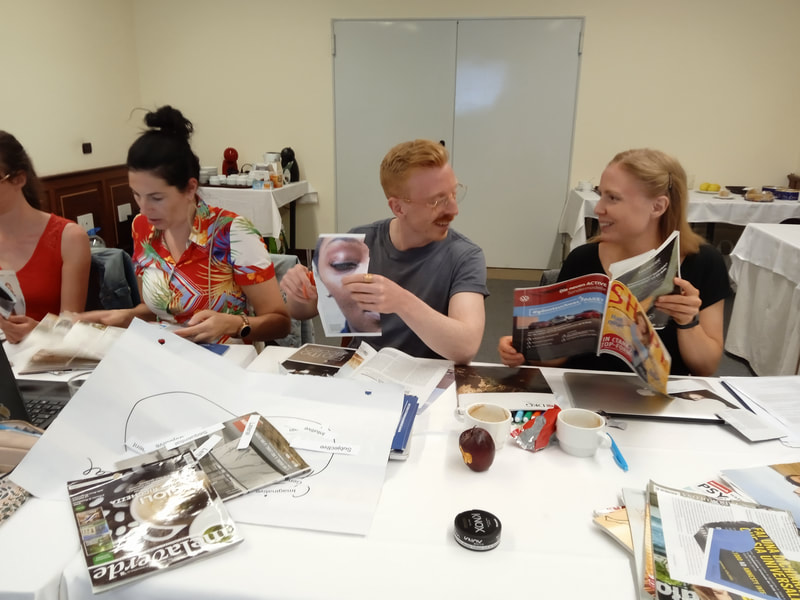
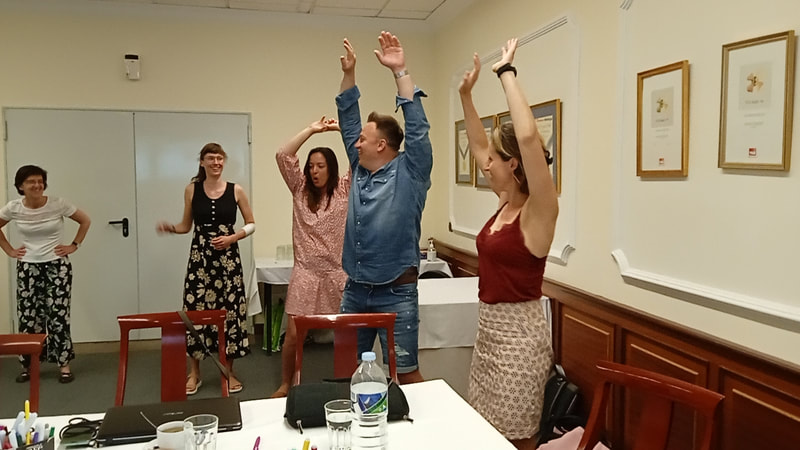
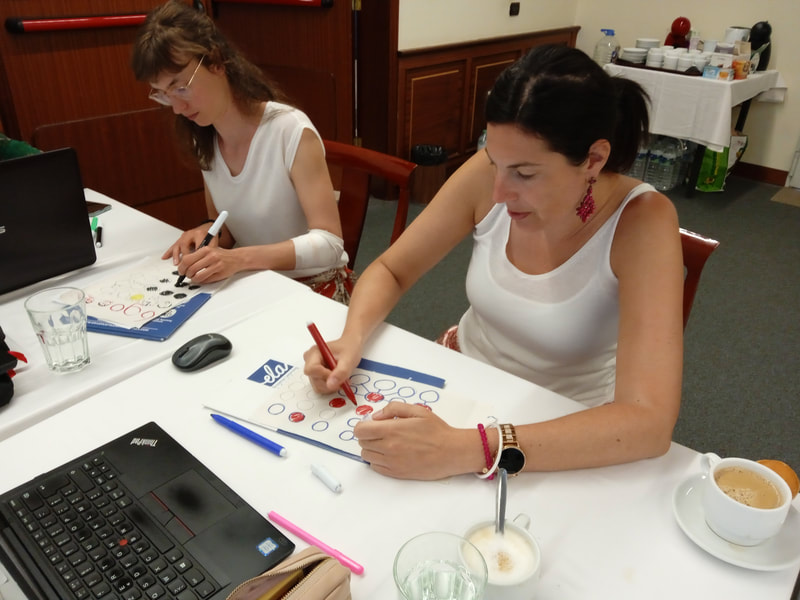
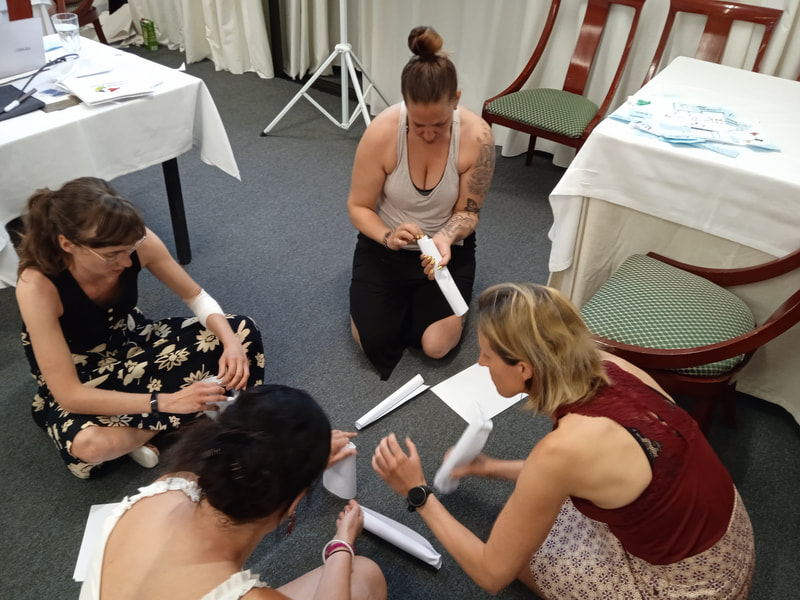
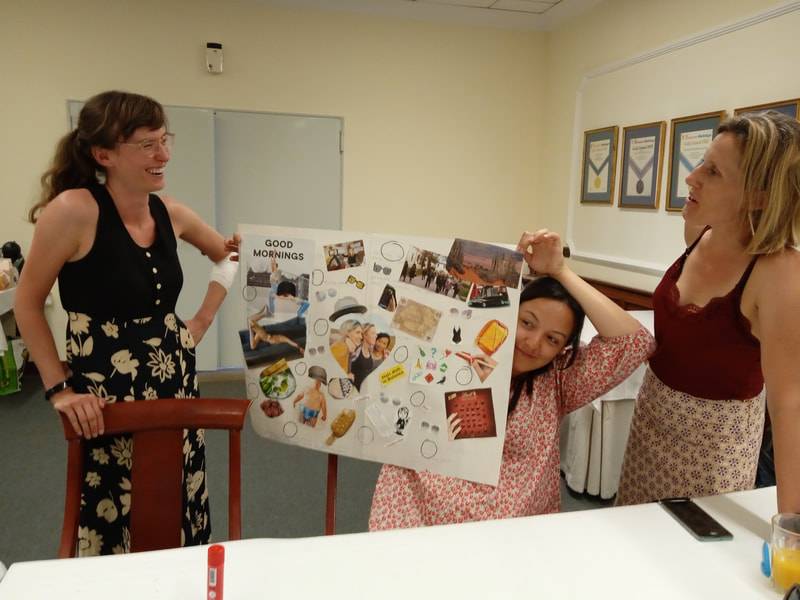
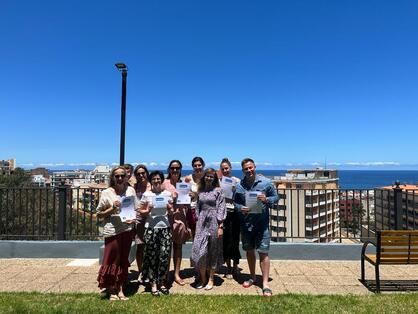
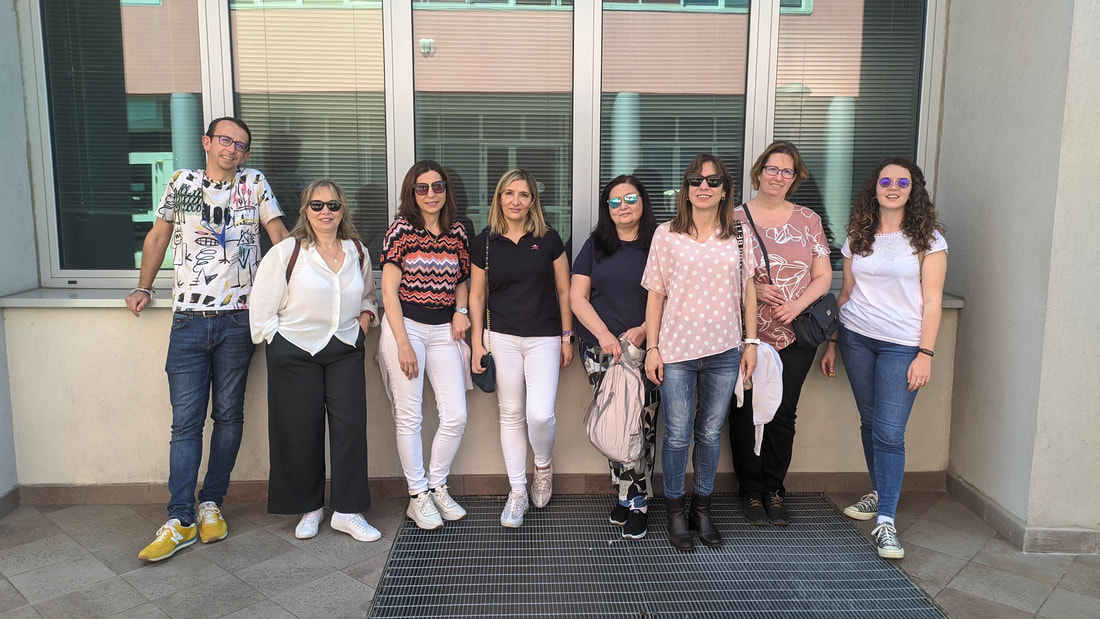
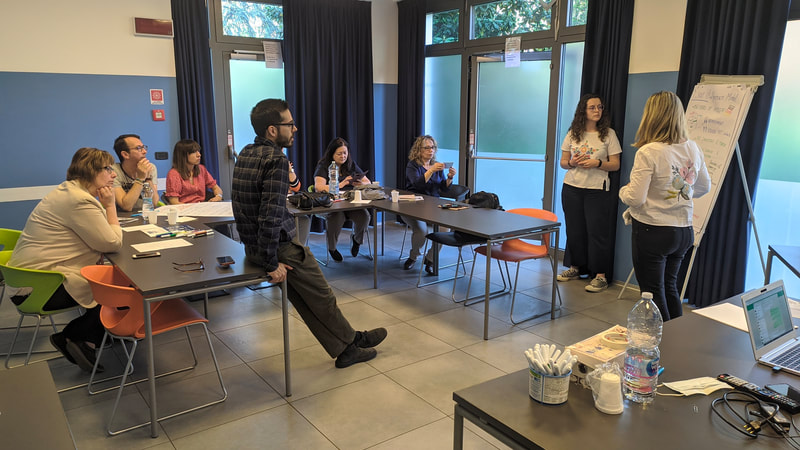
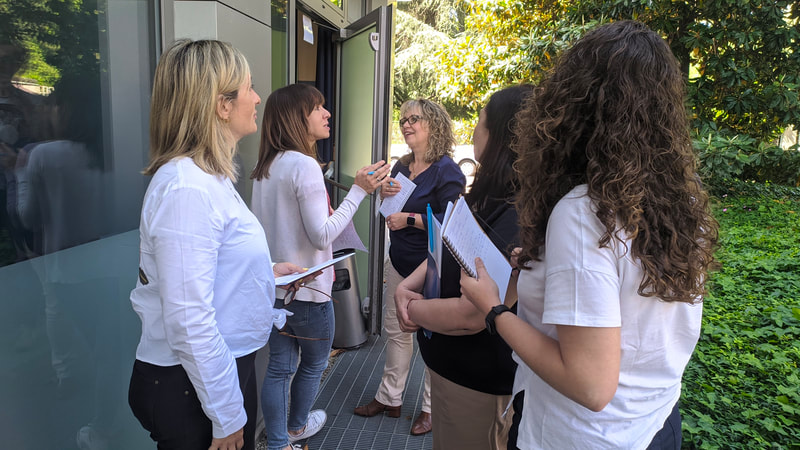
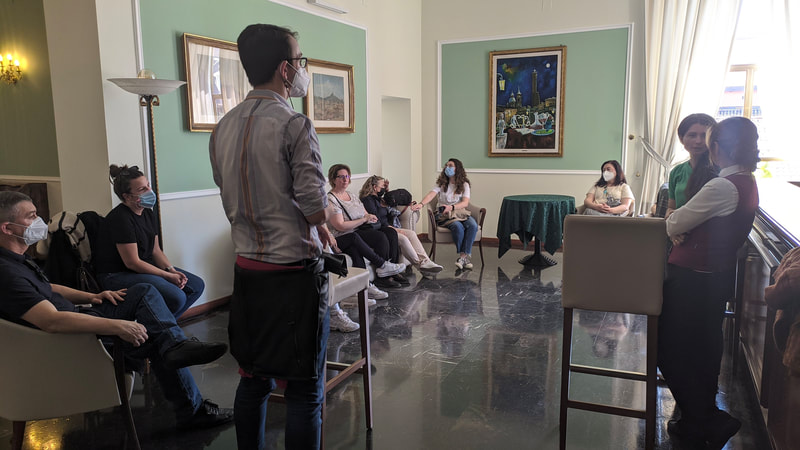
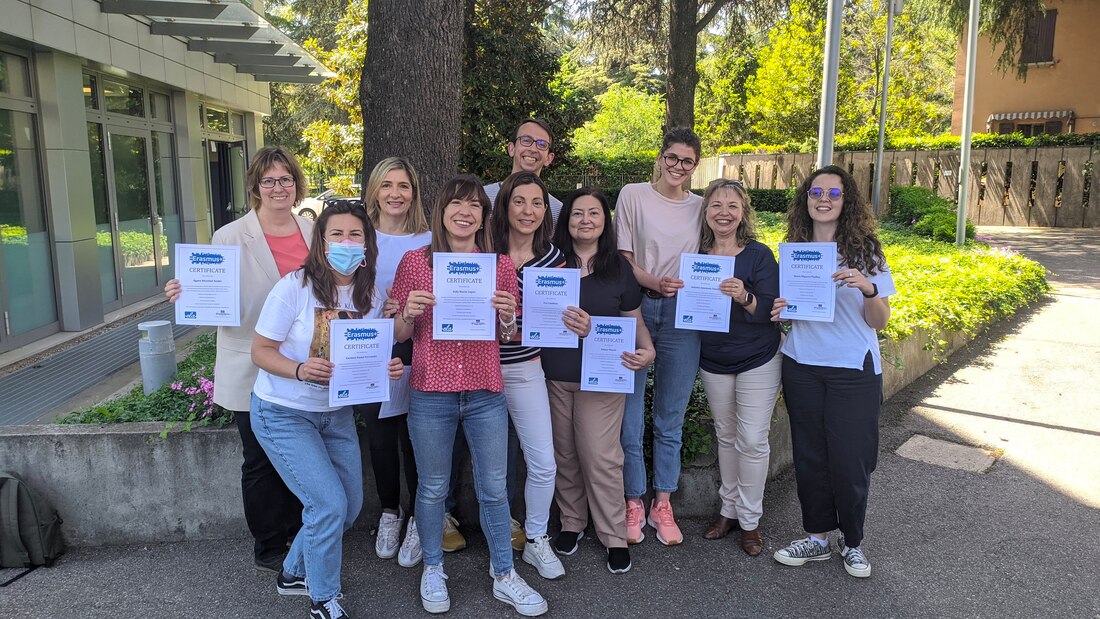
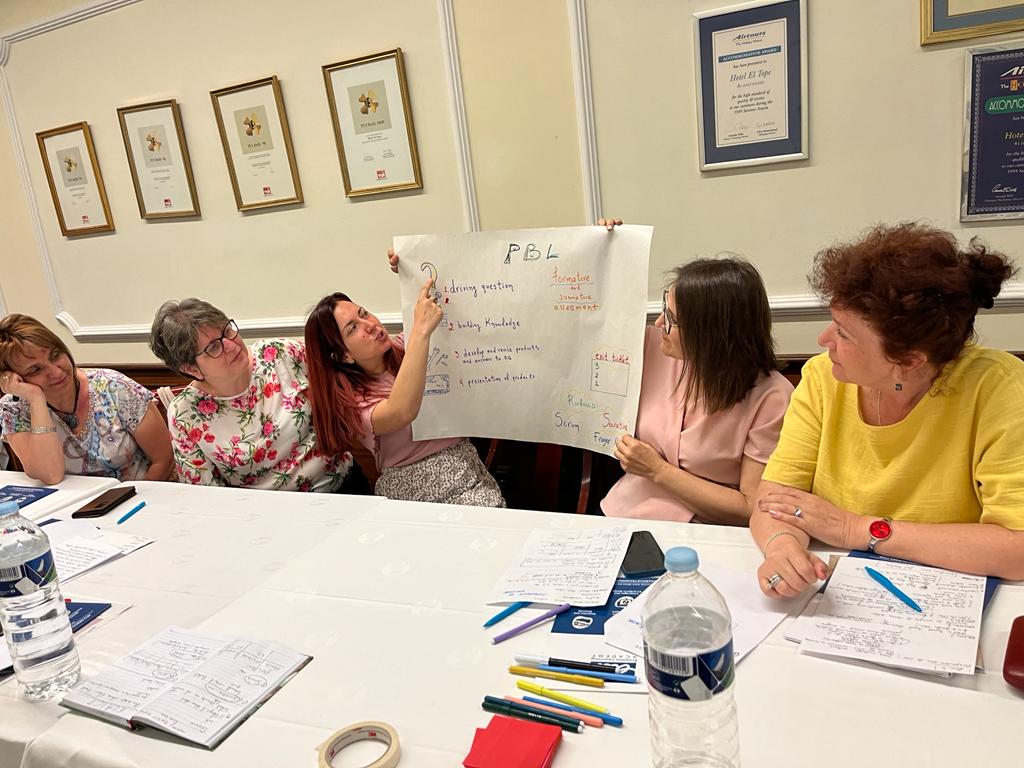
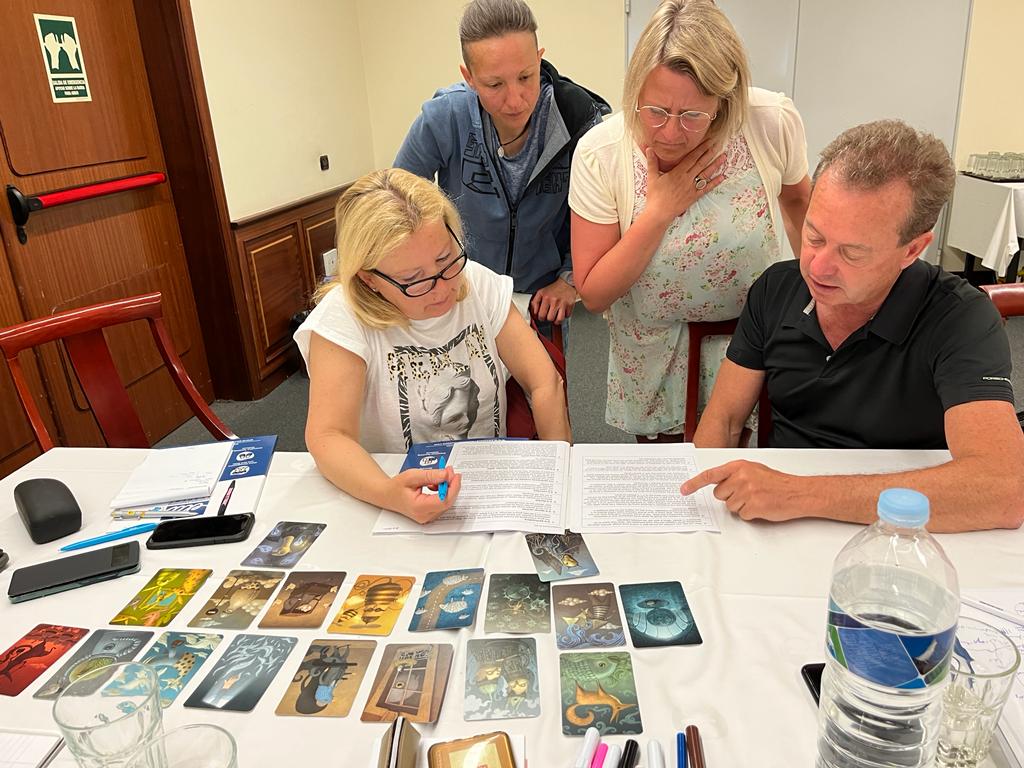
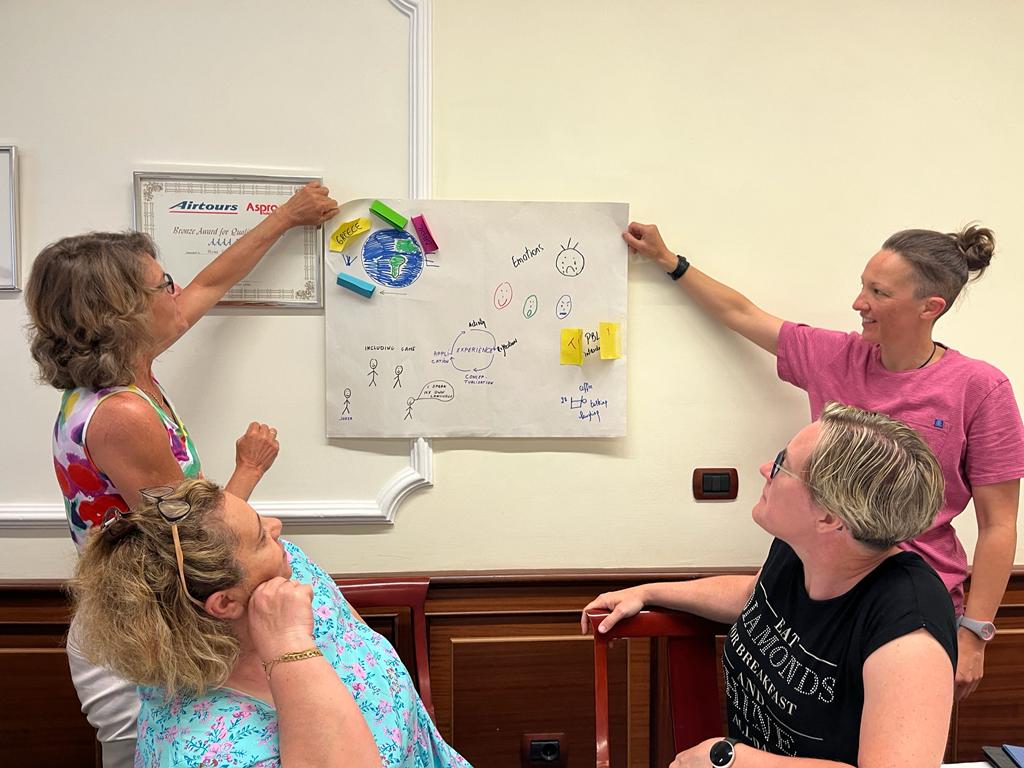
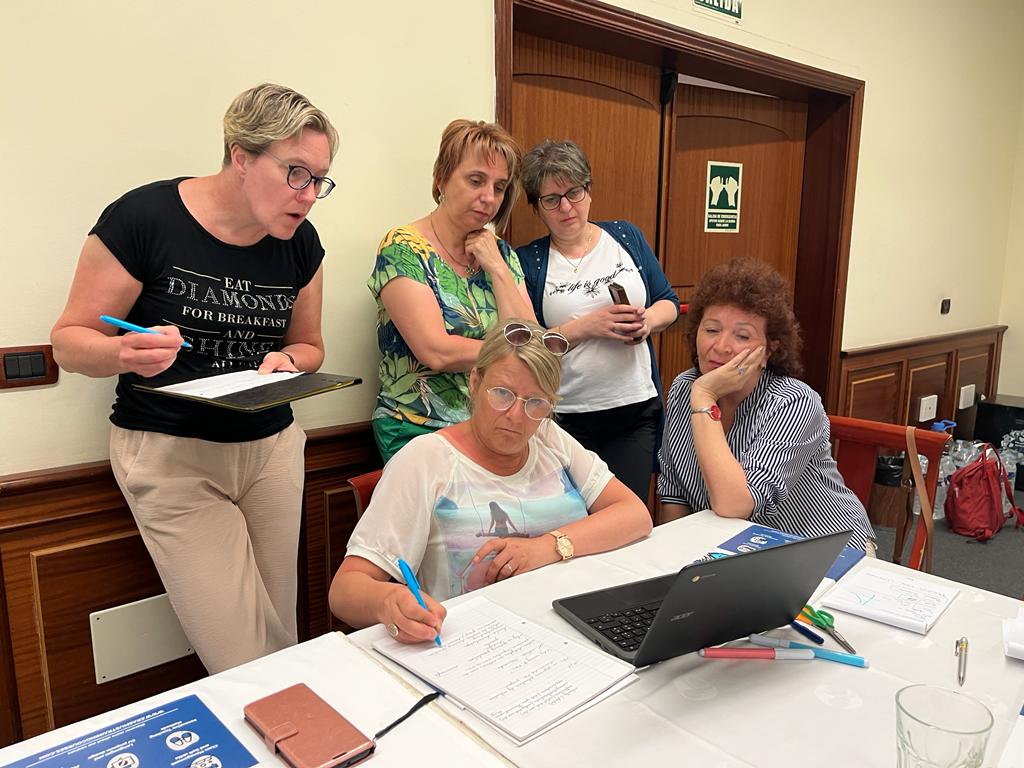
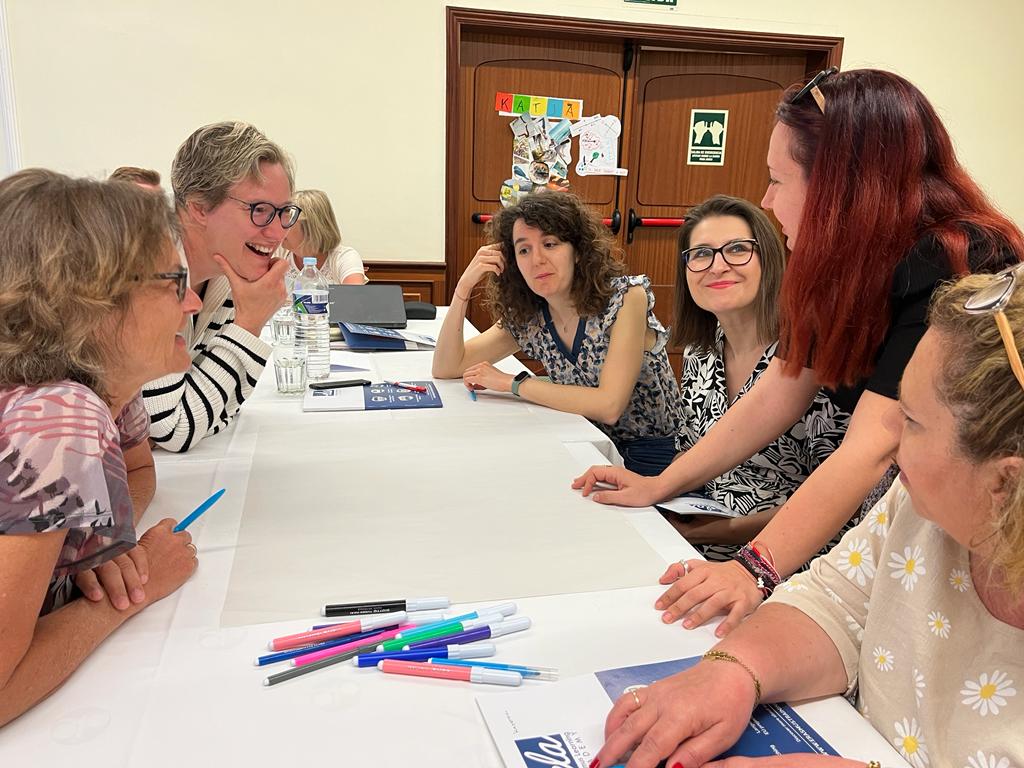
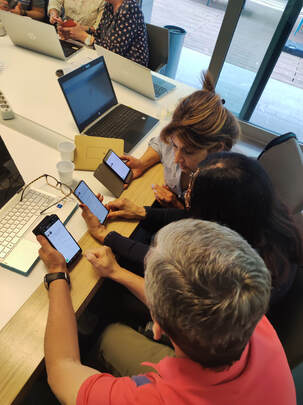
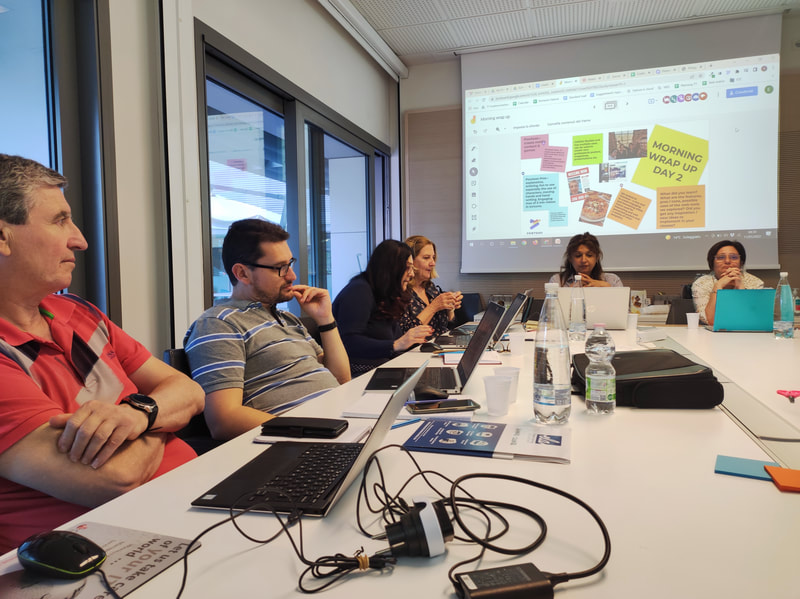
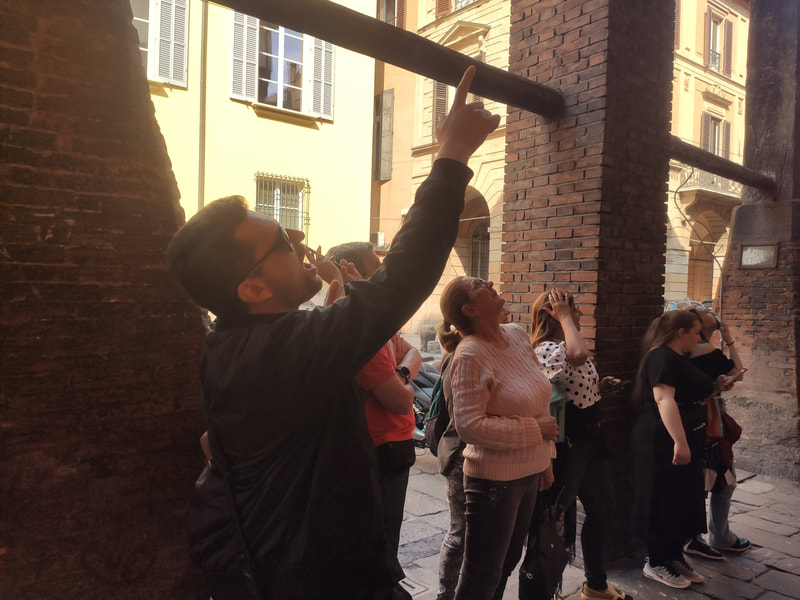
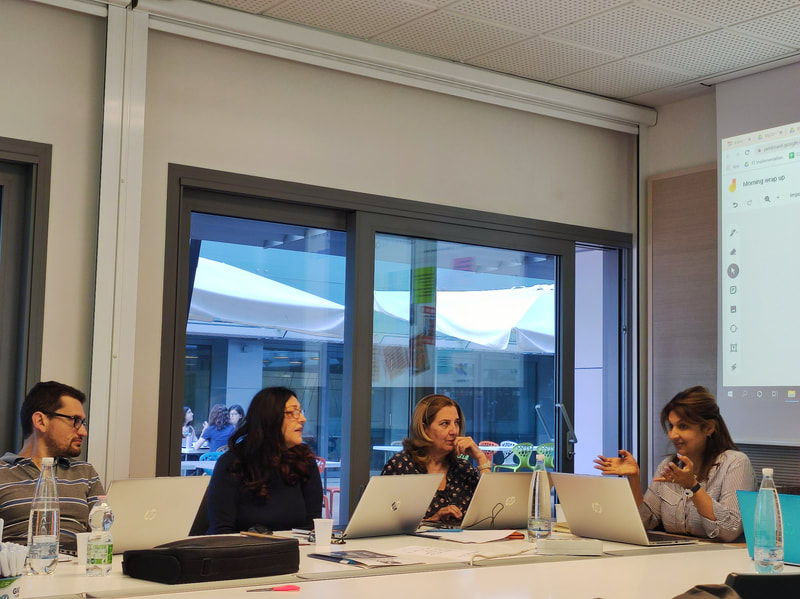
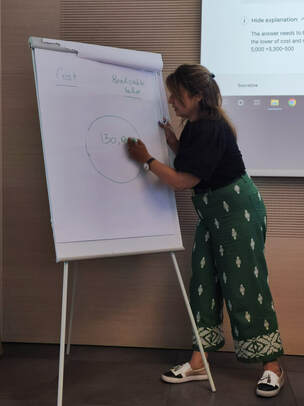
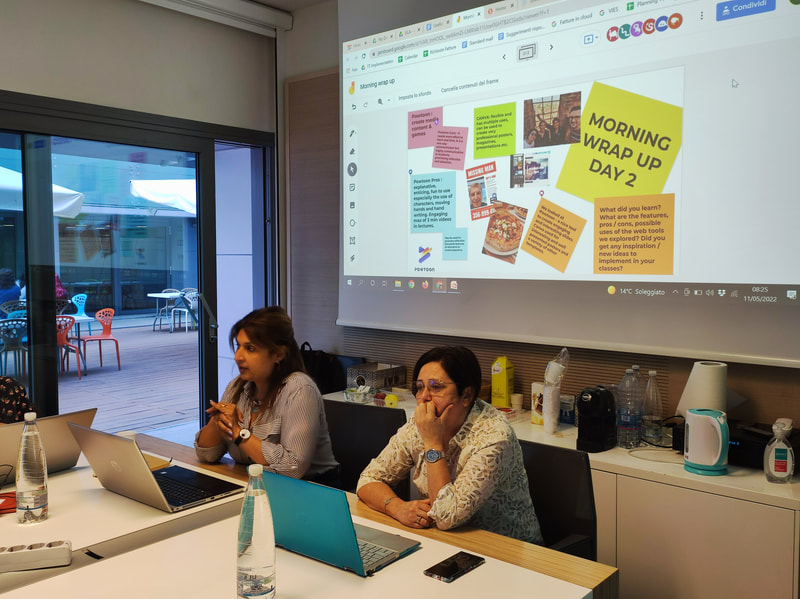
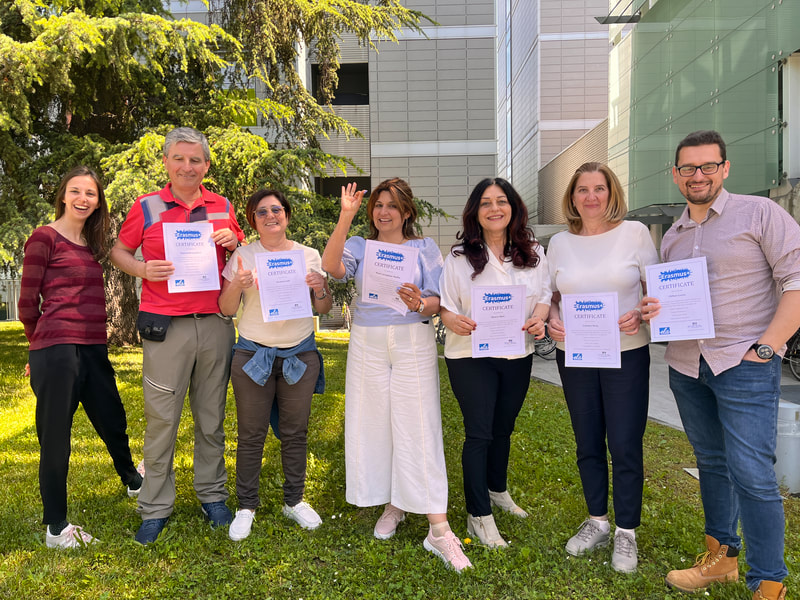
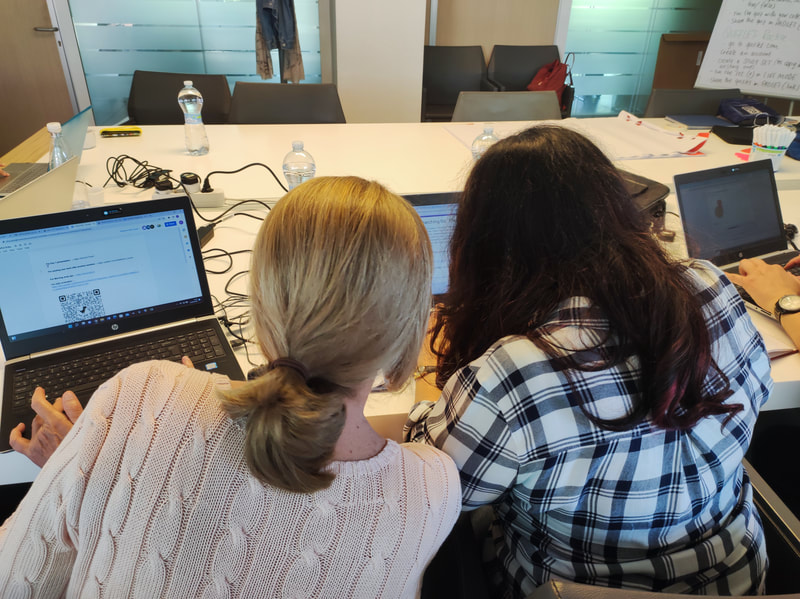
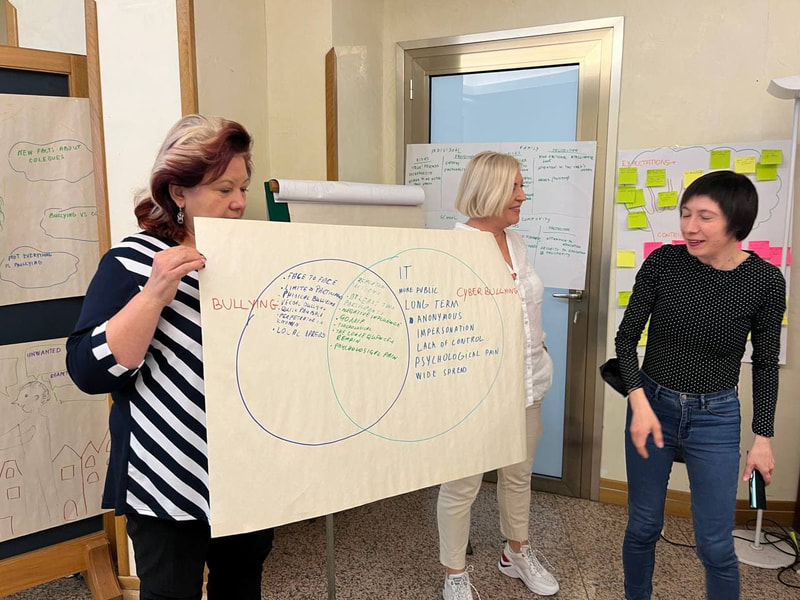
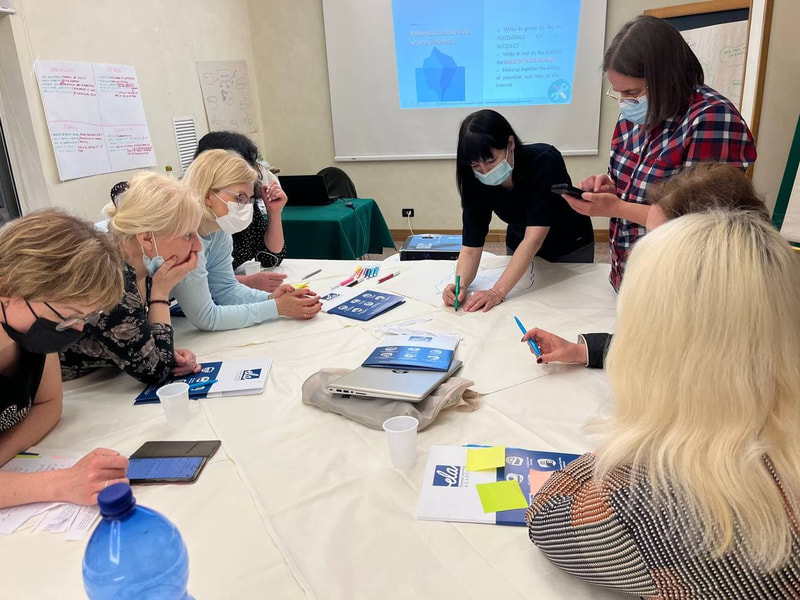
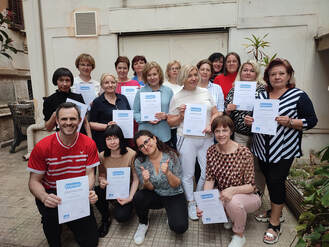
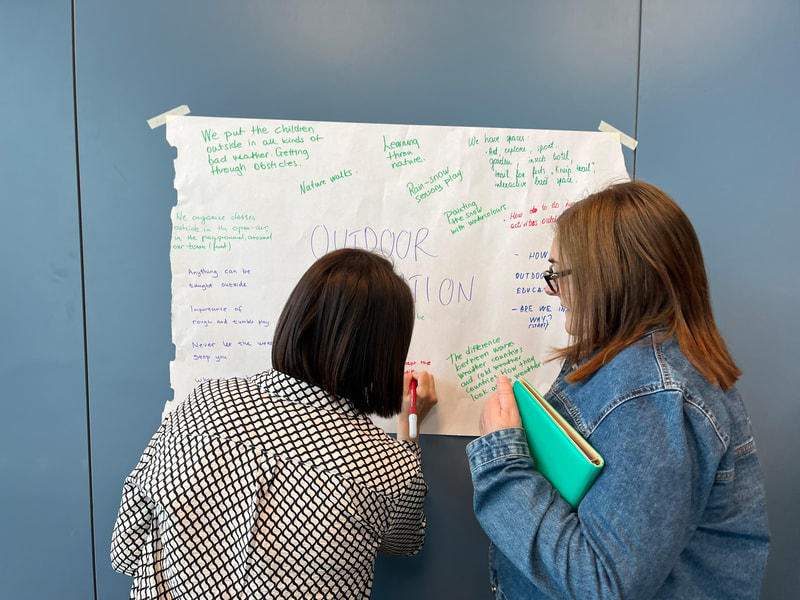
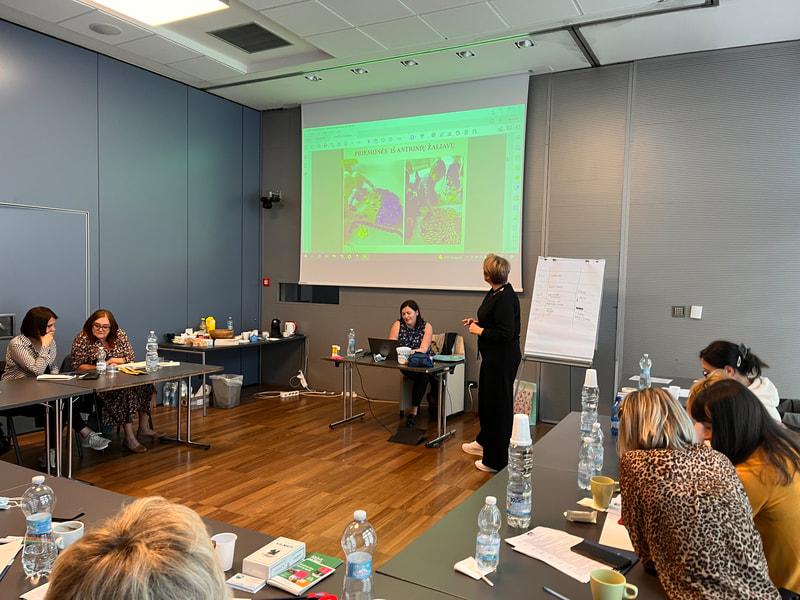
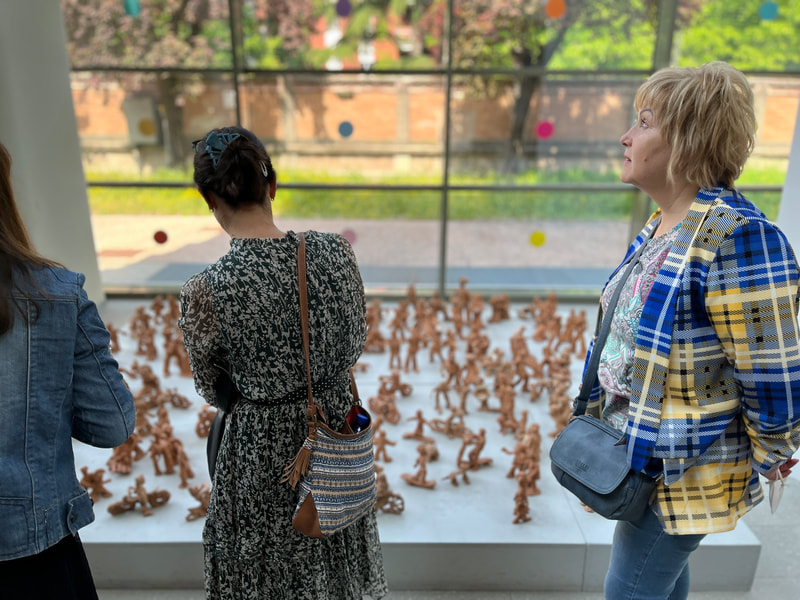
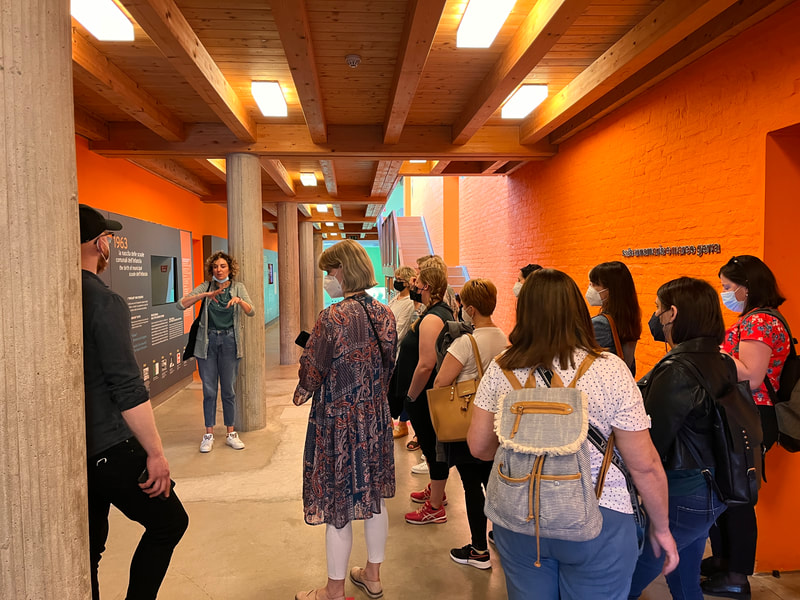

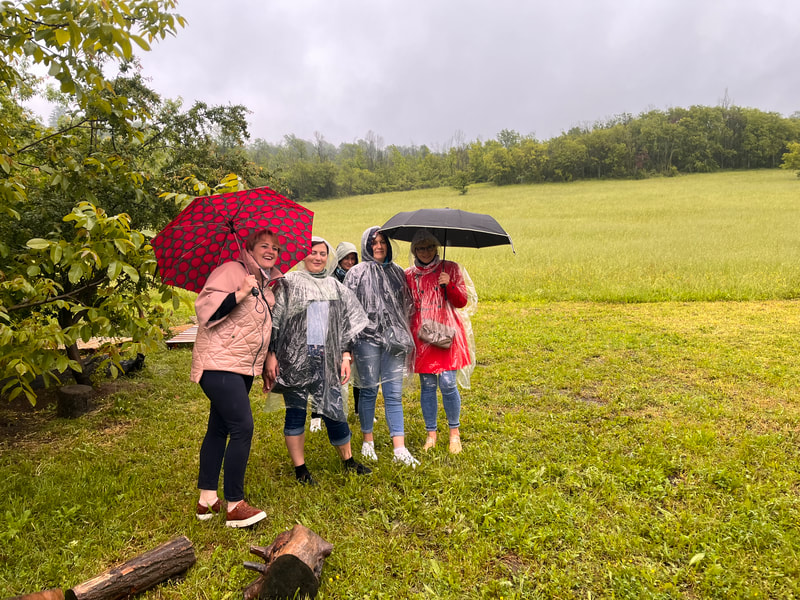
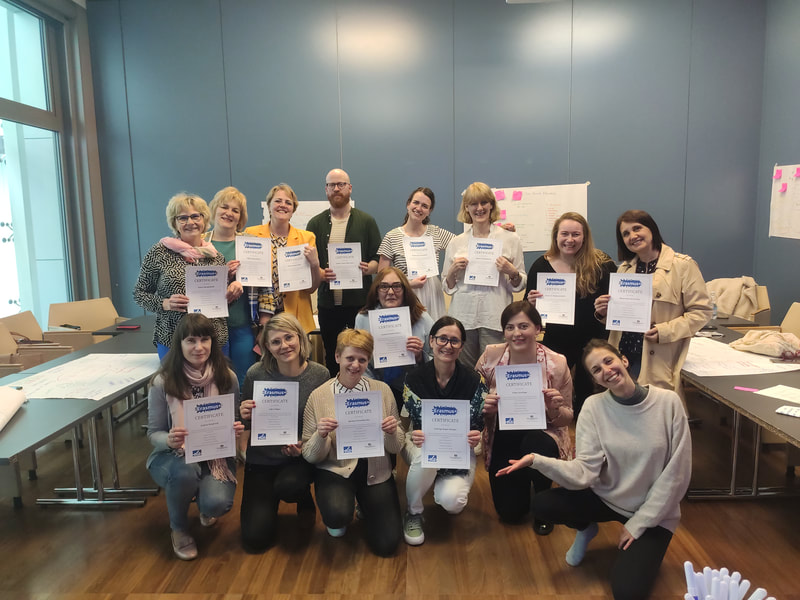
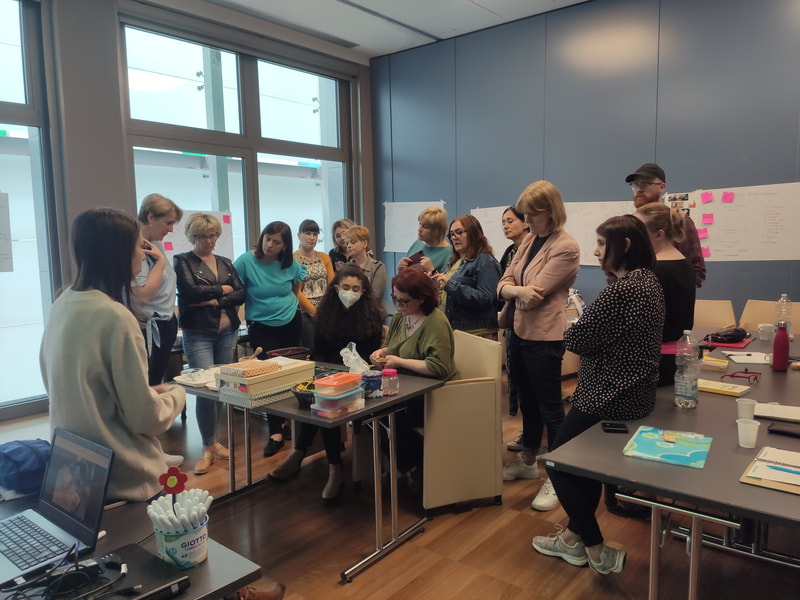
 RSS Feed
RSS Feed









